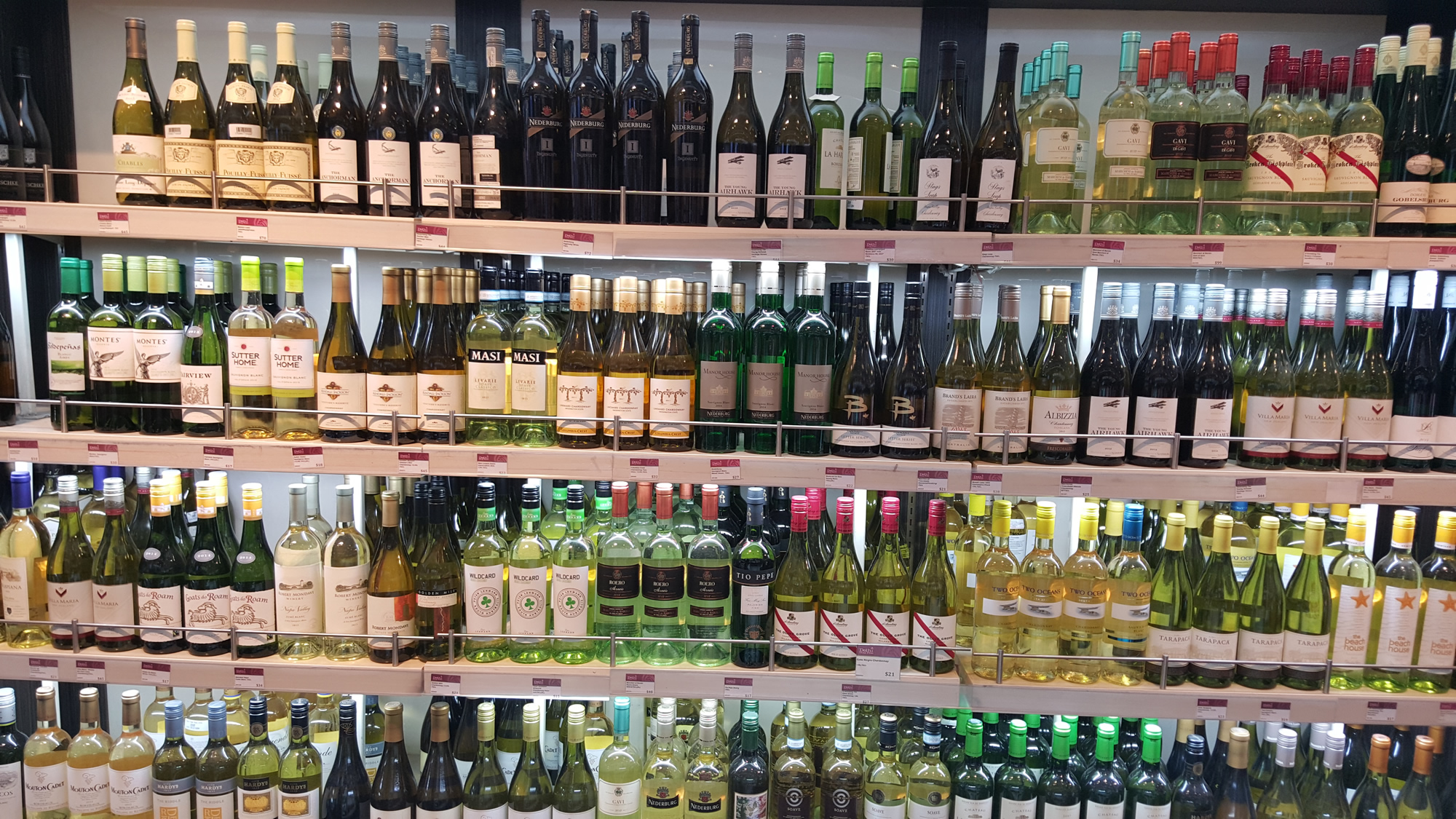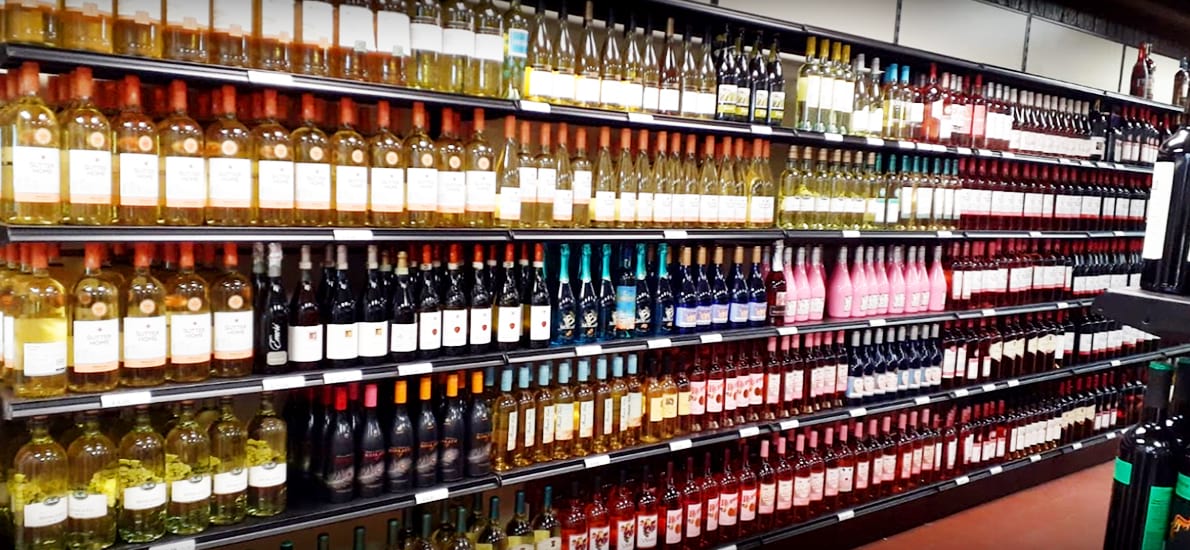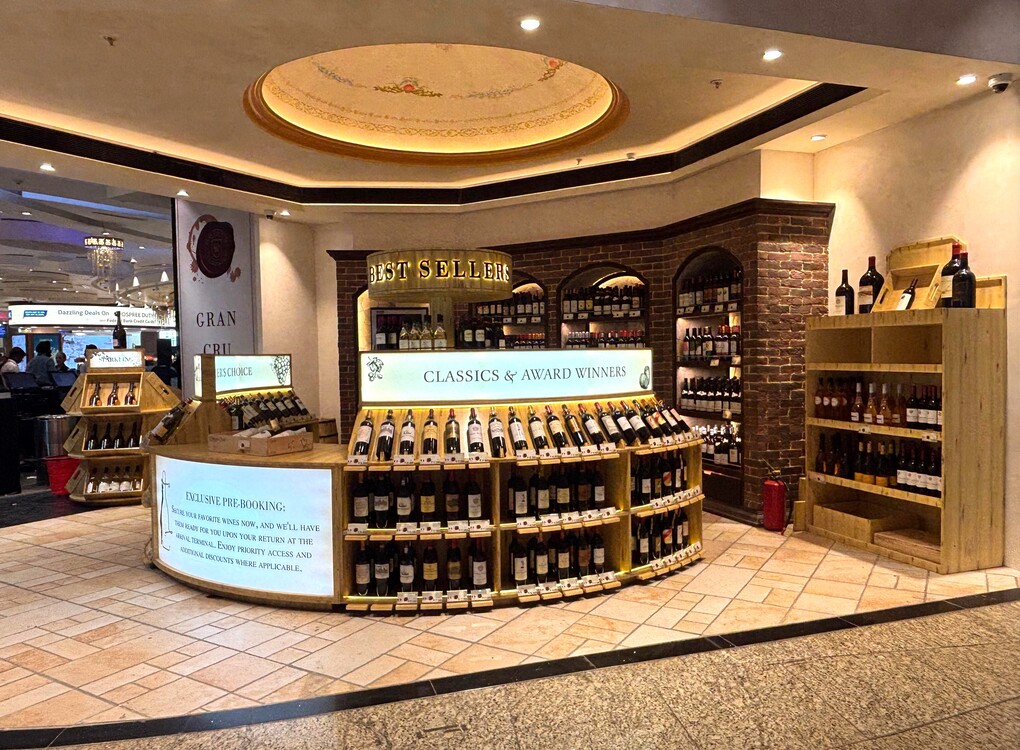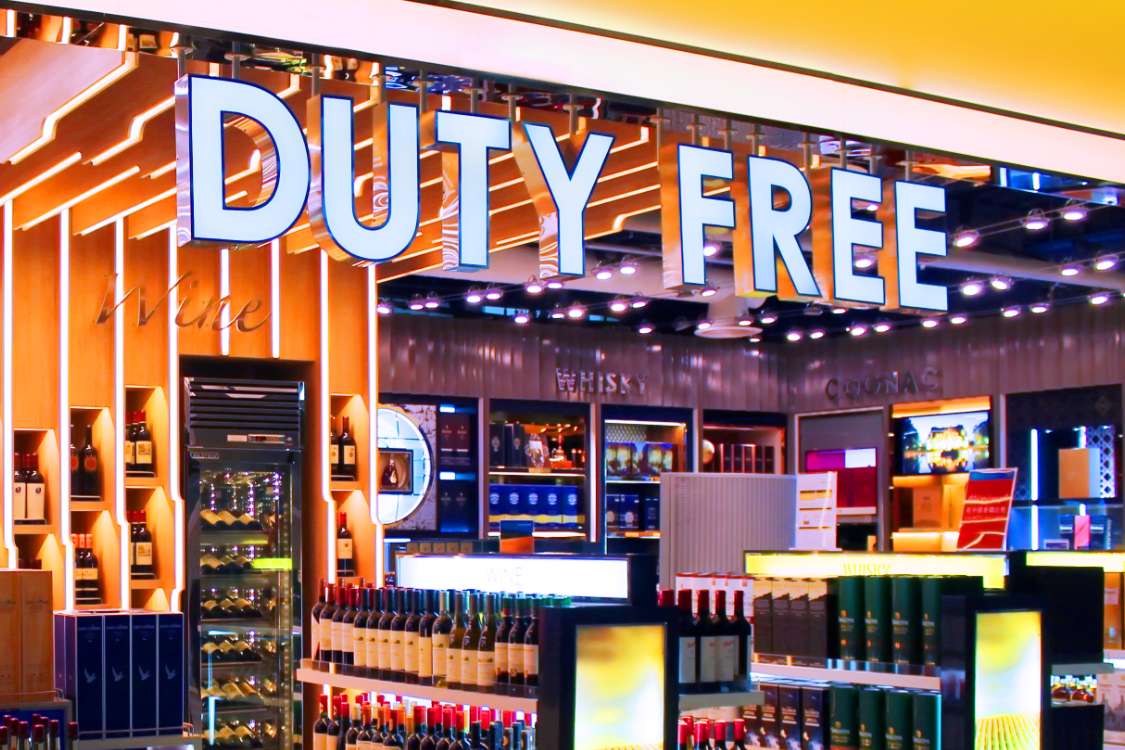Wine enthusiasts and casual drinkers alike have long been drawn to the allure of duty-free shopping, particularly when it comes to purchasing premium wines at international airports. The concept of buying wine without paying certain taxes seems almost too good to be true, yet it represents one of the genuine perks of international travel. Understanding how duty-free wine shopping works can help you make informed purchasing decisions and potentially save significant money on quality bottles.
Duty-free shopping operates on a simple yet sophisticated principle: when you’re departing from a country or crossing international borders, you can purchase certain goods without paying the local taxes that would normally apply. This creates a unique shopping environment where travelers can access premium wines at reduced prices, making it an attractive option for both personal consumption and gift-giving.
The appeal of duty-free wine shopping extends beyond mere cost savings. These specialized retail environments often feature carefully curated selections of local and international wines, providing travelers with access to bottles they might not find in their home countries. Whether you’re looking for a prestigious French Bordeaux, an authentic Italian Chianti, or a rare vintage from a renowned winery, duty-free shops frequently stock high-quality labels that represent the best of global wine production.
However, duty-free wine shopping isn’t always the bargain it appears to be. While the absence of certain taxes can create genuine savings opportunities, markup strategies and pricing variations between different airports and countries mean that savvy shoppers need to approach duty-free purchases with knowledge and preparation. Understanding the mechanics of how duty-free works, what taxes are waived, and how to identify genuine value will help you navigate this unique retail market effectively.
Understanding the Mechanics of Duty-Free Shopping

The fundamental principle behind duty-free shopping lies in the concept of “no man’s land” – the international transit areas of airports, seaports, and border crossings where travelers exist temporarily outside the jurisdiction of any particular country’s tax system. When you purchase wine in these areas, you’re technically buying goods for export, which exempts them from local import duties, sales taxes, value-added taxes (VAT), and excise taxes that would normally apply.
Most governments waive duty taxes on products purchased by customers leaving their country to prevent double taxation scenarios. For example, if you buy a bottle of French wine in France and bring it to Canada, you would typically pay taxes in both countries. Duty-free shopping eliminates the departure country’s taxes, though you may still be subject to import duties when you reach your destination, depending on allowance limits.
The tax exemptions in duty-free shopping can be substantial, particularly for wine. In many European countries, wine is subject to VAT rates of 20% or higher, plus additional excise taxes on alcohol. When these taxes are waived, the potential savings become significant, especially for premium bottles where the tax component represents a considerable portion of the retail price.
Wine-Specific Duty-Free Regulations and Allowances
Wine purchases in duty-free shops are subject to specific regulations that vary by destination country. These allowances determine how much wine you can bring into a country without paying additional duties. Understanding these limits is crucial for maximizing your duty-free wine purchases while avoiding unexpected customs charges.
For travelers entering the UK, the duty-free allowances are particularly generous: 18 litres of still wine (equivalent to 24 standard 75cl bottles), plus 42 litres of beer and 4 litres of spirits over 22% ABV. Alternatively, travelers can choose 9 litres of sparkling wine, fortified wine, or other alcoholic beverages under 22% ABV instead of the spirits allowance.
Conversely, travelers leaving the UK and entering EU countries face more restrictive allowances: only 4 litres of still wine, 16 litres of beer, and 1 litre of spirits over 22% ABV. These differences highlight the importance of researching destination-specific allowances before making substantial duty-free wine purchases.
The European Union has its own complex regulations for duty-free shopping. Products purchased while traveling between EU countries are generally taxable, but items bought while traveling to or from an EU country qualify for duty-refund status. This means travelers can apply for VAT refunds on qualifying purchases, though the process requires proper documentation and adherence to specific procedures.
Evaluating Value: When Duty-Free Wine Shopping Makes Sense

While duty-free shopping can offer genuine savings, it’s not automatically cheaper than regular retail prices. The absence of taxes doesn’t guarantee the best deal, as duty-free shops often apply higher markups to compensate for their specialized operating environment and captive customer base.
Alcohol and tobacco products typically offer the best value in duty-free shopping because they’re subject to both excise taxes and VAT in most countries. Wine, being an alcoholic beverage, often falls into this favorable category, particularly for premium bottles where tax components represent a significant portion of the retail price.
However, pricing varies significantly between airports, countries, and regions. A bottle of wine that offers excellent value at one airport’s duty-free shop might be overpriced at another. Wine from regions you’re visiting might be cheaper at local retailers than in duty-free shops. For instance, French wine might be more affordable in French supermarkets than in airport duty-free stores.
To maximize value, research wine prices in your home country before traveling. Note the regular retail prices of wines you’re interested in purchasing, then compare these with duty-free prices. Consider the total cost, including any potential customs duties you might face when returning home if you exceed allowance limits.
Strategic Shopping Tips for Duty-Free Wine Purchases
Successful duty-free wine shopping requires strategic planning and informed decision-making. Start by researching your destination’s duty-free allowances and any restrictions on alcohol imports. Some countries prohibit alcohol imports entirely, while others have strict limits that could result in confiscation or heavy penalties.
Timing your purchases strategically can also impact value. Some airports offer online shopping with airport pickup services, allowing you to browse selections and prices in advance. This “Shop & Fly” approach enables price comparison and ensures availability of desired bottles while saving time during your actual travel day.
Consider focusing on wines that are particularly expensive in your home country due to high import duties or limited availability. Premium bottles from wine regions you’re visiting often represent the best value propositions, especially if they’re rare or expensive imports in your home market.
Pay attention to packaging and transportation considerations. Duty-free shops typically provide secure packaging for wine purchases, but you’ll need to consider weight restrictions for carry-on luggage and potential breakage risks for checked baggage. Some travelers prefer to ship purchases home separately, though this adds cost and complexity.
Maximizing Your Duty-Free Wine Experience

Modern duty-free wine shopping offers sophisticated experiences beyond simple tax savings. Many airports feature extensive wine selections curated by experts, providing access to exclusive bottles and limited editions not available through regular retail channels. These curated collections often include local specialties and internationally acclaimed labels, making duty-free shopping an opportunity for wine discovery.
Take advantage of expert staff assistance when available. Duty-free wine specialists can provide recommendations based on your preferences, suggest food pairings, and help you navigate unfamiliar wine regions or vintages. This personalized service adds value beyond the tax savings and can enhance your wine knowledge.
Consider duty-free wine purchases as part of your travel experience rather than purely transactional shopping. Many duty-free shops offer tasting opportunities or educational materials about featured wines, turning your purchase into a cultural and educational experience that enhances your travel memories.


